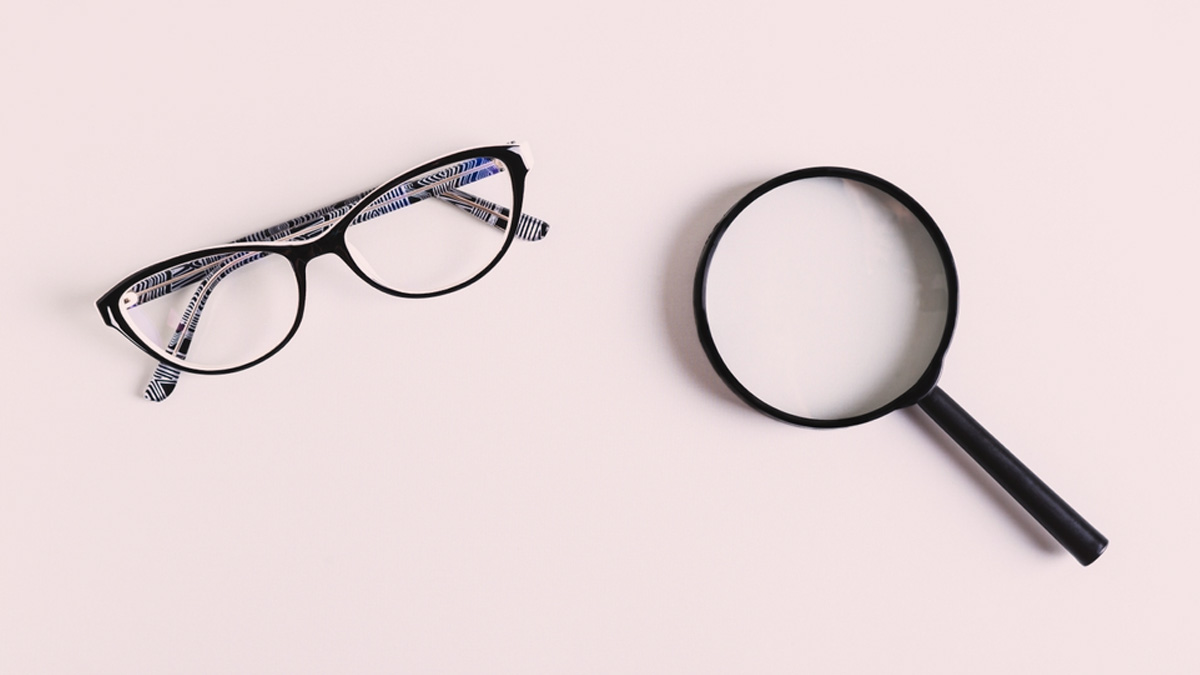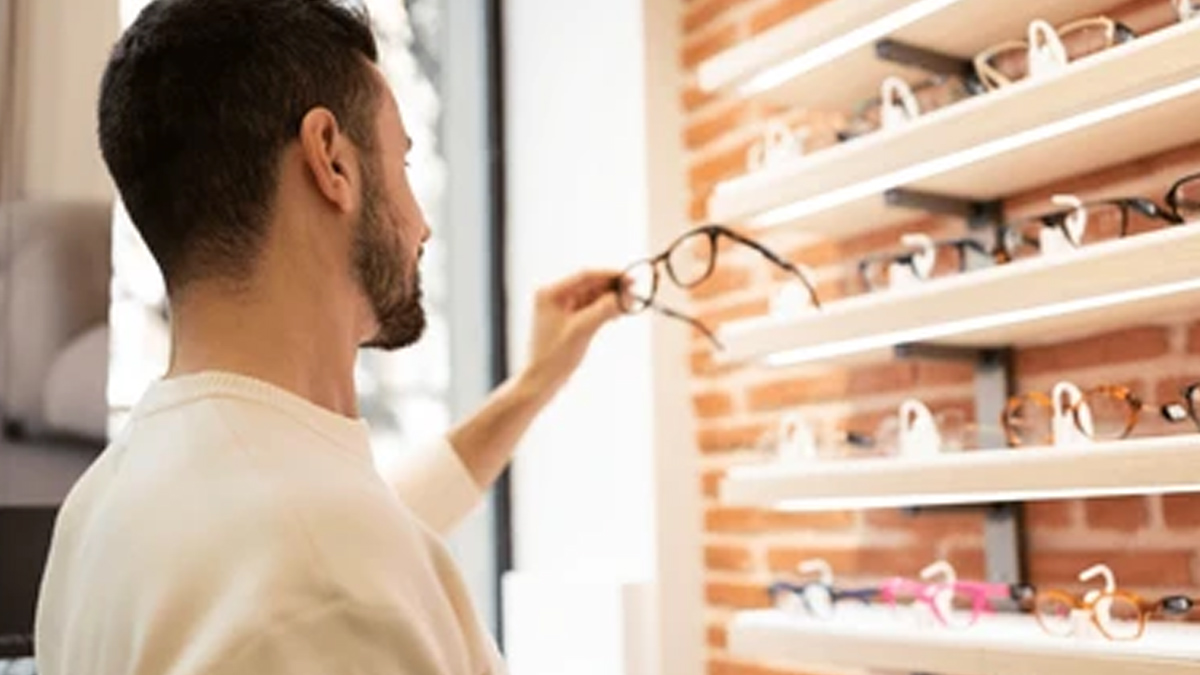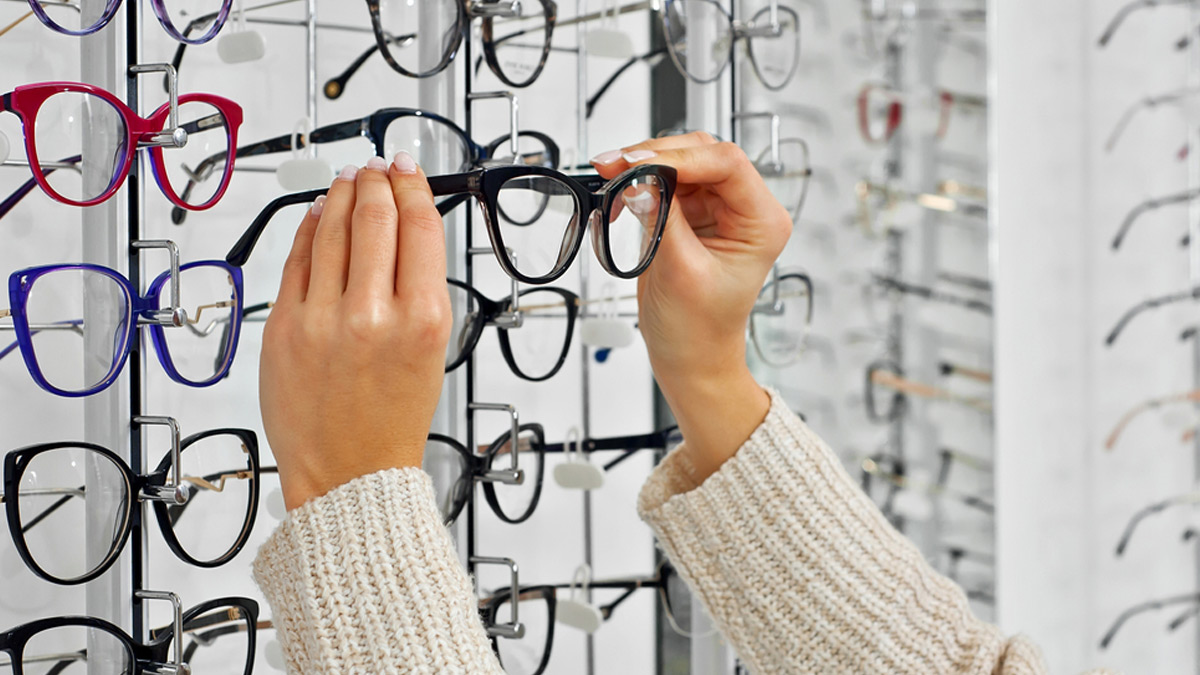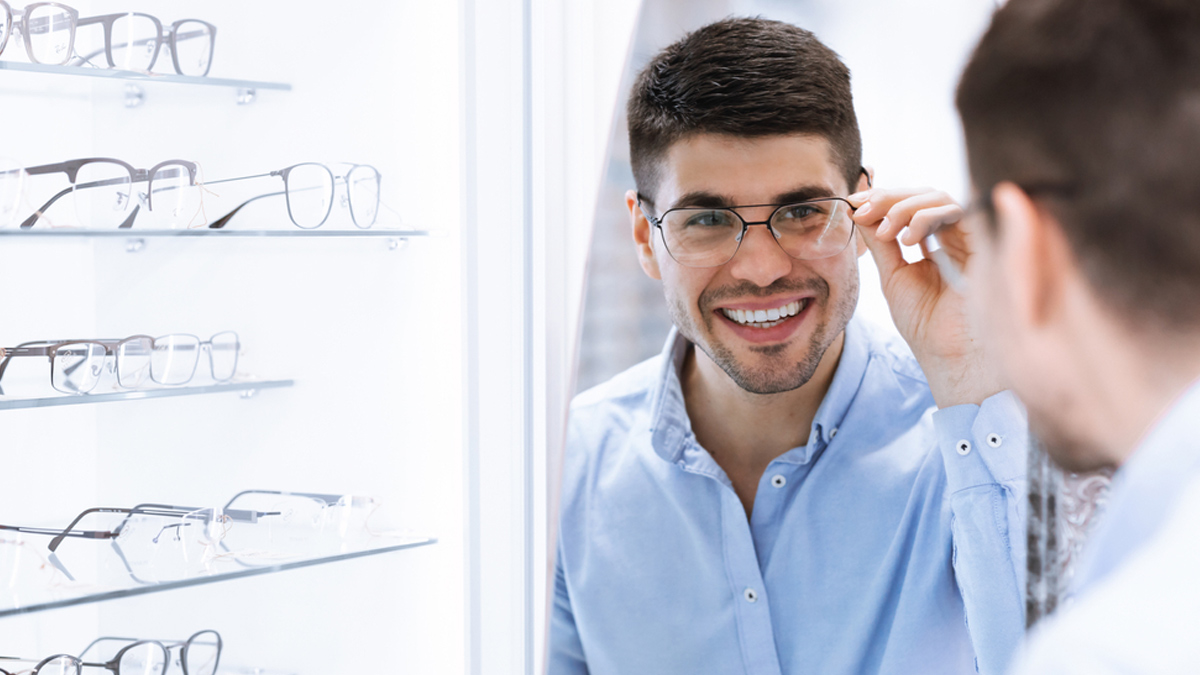
Choosing the right pair of spectacles is not just about fashion—it’s also about protecting and supporting your eye health. While a trendy frame may catch your attention, your specs should be functional and designed to cater to your vision needs and overall eye well-being. From ensuring proper fit to selecting lenses that protect against harmful rays, there are several factors you should consider before investing in the right eyewear. Here are five crucial points to help you pick the right specs with your eye health in mind:
Table of Content:-
1. Frame Shape and Face Type
When choosing spectacles, you need to consider both aesthetics and comfort. The frame shape should complement your face, but it must also ensure your eyes are well-centered in the lenses for optimal vision correction.
Round Face: Angular frames, such as square or rectangular shapes, work best to add definition to softer features.
Square Face: Opt for round or oval frames that soften sharper angles and help create a more balanced look.
Oval Face: Lucky for you, most frame styles will work well. Consider frames that maintain balance, like rectangular shapes.
Heart-shaped Face: Look for frames wider at the bottom, such as aviators or cat-eye styles, to balance the forehead and jawline.
Ensuring that the frame fits your face type enhances not only your appearance but also the effectiveness of the glasses in correcting your vision.

2. Lens Material and UV Protection
The material of your lenses can significantly impact your eye health, especially when considering factors such as weight, durability, and protection against harmful elements.
Glass Lenses: Although heavier, glass lenses offer excellent optical clarity and are resistant to scratches, though they may be less comfortable for long periods.
Plastic Lenses: Lightweight and easy to wear, but they can scratch easily if not coated with a protective layer.
Polycarbonate Lenses: Known for their impact resistance and UV protection, polycarbonate lenses are a great choice, particularly for those with an active lifestyle or children.
High-Index Lenses: These are designed for stronger prescriptions, offering a thinner, lighter feel, which reduces the strain on your nose and ears.
Most importantly, choose lenses that offer 100% UV protection. According to the American Academy of Ophthalmology, prolonged exposure to UV rays can damage your eyes, leading to conditions like cataracts or macular degeneration. Even if you're not spending much time outdoors, UV-blocking lenses can safeguard your eyes from potential long-term damage.

3. Blue Light Protection for Digital Eye Health
In today's digital age, more people spend extended hours in front of screens. Whether you're working on a computer, watching TV, or scrolling through your phone, prolonged exposure to blue light can contribute to digital eye strain, dry eyes, and even sleep disturbances. Consider blue light-blocking lenses, which reduce the amount of blue light reaching your eyes from screens. These lenses are ideal for people who work long hours in front of a computer or frequently use digital devices. By investing in glasses that protect your eyes from blue light, you reduce the risk of digital eye strain and discomfort.
4. Prescription Accuracy and Regular Eye Check-ups
One of the most critical factors in choosing the right specs is ensuring your prescription is accurate and up to date. Wearing incorrect lenses can lead to eye strain, headaches, and blurred vision, potentially worsening your eye health over time. Regular eye exams are essential, especially as vision can change due to age, lifestyle, or prolonged screen exposure. Ensure your prescription is always current before purchasing new spectacles.
Additionally, if you're using progressive or multifocal lenses, choose high-quality ones that seamlessly transition between vision zones (near, intermediate, and distant). These lenses are essential for people who need multiple vision corrections in one pair of glasses.
Also read: What Happens When You're Supposed To Wear Eye Glasses But Don't
5. Comfort, Fit, and Eye Protection

Your specs should feel comfortable on your face and offer the proper protection. The wrong fit can cause discomfort and even affect your vision quality. Here's what to keep in mind for optimal comfort and eye health:
Lightweight Frames: Frames made of lightweight materials like titanium are ideal for long-term wear, reducing pressure on your nose bridge and ears.
Adjustable Nose Pads: These help keep the glasses snug, ensuring your lenses are correctly aligned with your eyes for optimal vision.
Proper Eye Coverage: Ensure that your frames fully cover your eyes and provide ample protection from the sides to reduce exposure to harsh light and environmental elements.
Additionally, consider specs with anti-glare coatings. These coatings minimize reflections from screens, artificial lights, or the sun, which reduces strain on your eyes and makes reading or working more comfortable.
Conclusion
Choosing the right pair of specs goes beyond aesthetics—it’s about prioritizing your eye health and comfort. Make sure your glasses offer UV protection, blue light filtering for screen use, and the right prescription to avoid unnecessary strain on your eyes. A well-fitting frame and protective lens features can go a long way in maintaining your vision health and keeping your eyes comfortable, whether you're wearing glasses all day or only occasionally. By considering these five key points, you’ll not only enhance your style but also safeguard your precious eye health for the long term.
Also watch this video
How we keep this article up to date:
We work with experts and keep a close eye on the latest in health and wellness. Whenever there is a new research or helpful information, we update our articles with accurate and useful advice.
Current Version